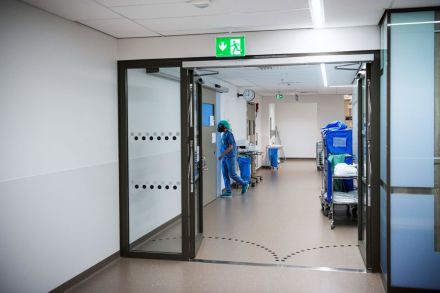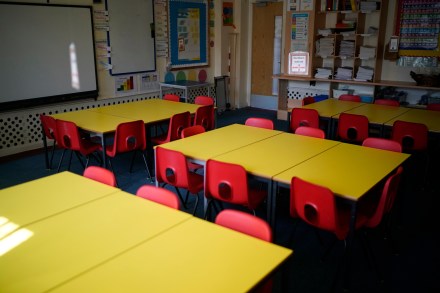Summer flu is now more deadly than Covid
We are, of course, in the middle of a deadly pandemic of a novel infectious disease. It’s just that it is not, at present, killing remotely as many people in England and Wales as that boring old disease which no-one seems ever to worry about: the summer flu. Winter flu, yes – sometimes we worry about that overwhelming the NHS. We take the precaution of vaccination the elderly and other vulnerable groups. But the summer flu? It hardly registers. Yet few seem to have noticed, while we fret about whether reopening schools, bars and so on will cause a second wave of Covid-19, that flu (and pneumonia) appears to be






















